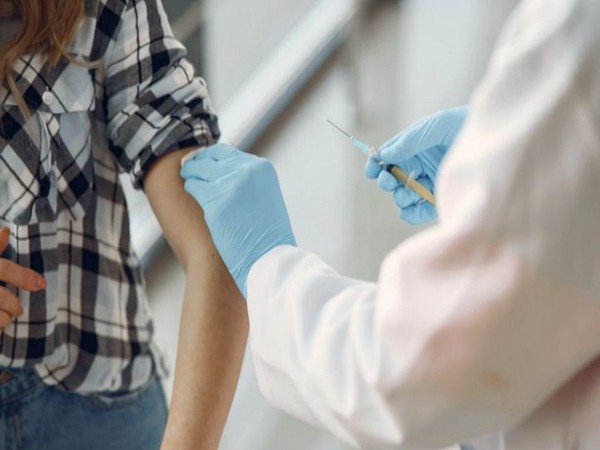INSACOG calls for COVID vaccine booster dose to those at-risk, above 40 years
The Indian SARS-CoV-2 Genomics Consortium (INSACOG) has called for the administration of a COVID-19 vaccine booster dose for those who are above 40 years of age and at-risk people, informed an official statement issued by INSACOG on Monday.

- Country:
- India
By Shalini Bhardwaj The Indian SARS-CoV-2 Genomics Consortium (INSACOG) has called for the administration of a COVID-19 vaccine booster dose for those who are above 40 years of age and at-risk people, informed an official statement issued by INSACOG on Monday.
The body, in its bulletin on November 29, has said that those who are above 40 years of age and at high risk or high exposure may be considered as a priority for the booster dose. "Vaccination of all remaining unvaccinated at-risk people and consideration of a booster dose for those 40 years of age and over, first targeting the most high-risk or high-exposure may be considered since low levels of neutralising antibodies from current vaccines are unlikely to be sufficient to neutralise Omicron, although the risk of severe disease is still likely to be reduced," INSACOG statement said.
INSACOG also said "Genomic surveillance will be critical for early detection of the presence of this variant, to enable necessary public health measures. Monitoring travel to and from the known affected areas and contact tracing of COVID-19 cases with an epidemiological link to the affected areas has been implemented along with increased testing (with the sequencing of confirmed cases and possible SGTF based rapid screening)." Earlier on Thursday, the Serum Institute of India (SII) has sought India's drug regulator's approval for the Covishield vaccine as a booster dose citing adequate stock of the vaccine in the country.
The officials informed that the demand has been made due to the emergence of a new coronavirus variant 'Omicron'. The new Omicron variant was first reported to the World Health Organization (WHO) by South Africa on November 24. According to the WHO, its high number of mutations in spike protein could make it more transmissible than all previous strains. South African medical officials have reported the variant was found in fully vaccinated individuals and the cases are mild. (ANI)
(This story has not been edited by Devdiscourse staff and is auto-generated from a syndicated feed.)










